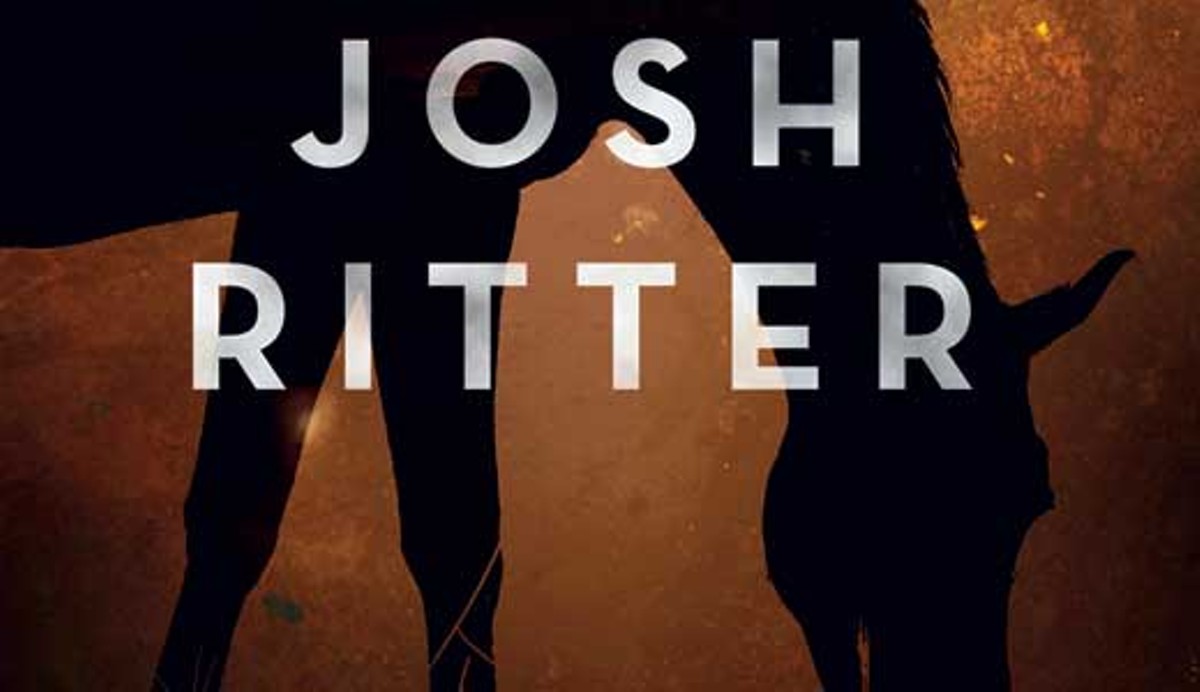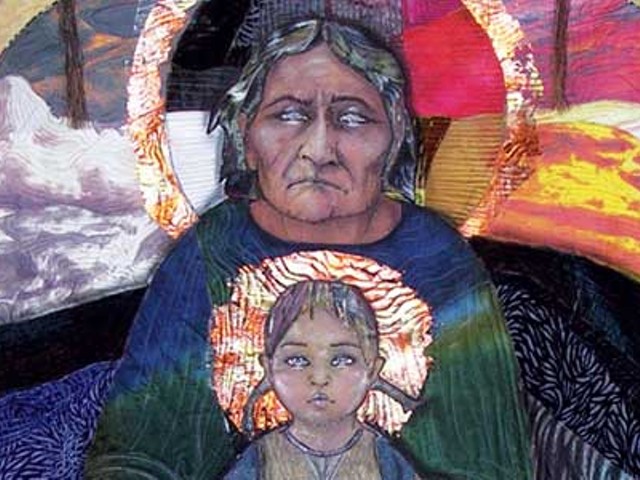‘Bright’s Passage’
By Josh Ritter. Dial Press; 208 pgs., $22.
Having released six full-length albums brimming with magical ballads, Josh Ritter established himself as a masterful storyteller some time ago. His most recent musical effort, So Runs the World Away, was heralded by many as evidence that Ritter’s talent continues to advance. And although major changes in an artist’s career should be approached with trepidation, it seems natural that Ritter could transfer his songwriting skills into crafting a novel. Thankfully, this presumption is correct.
Set in both West Virginia and on the battlefields of World War I, “Bright’s Passage” resonates with the idea of old fables and tall tales, yet is always tied to the harsh realities of suffering. Ritter is successful in creating a unified storyline, even though each chapter breaks into a different piece of the protagonist’s current crisis, as well as his historical mysteries. In fact, the way the story untangles itself as it moves toward the rewarding ending is one of Ritter’s finest achievements in his first novel. Yet the book’s protagonist, Henry Bright, is the true jewel of Ritter’s creation.
Bright returns from World War I hearing the voice of an angel who speaks to him through a variety of beings, most often his horse. Because Bright believes the angel saved his life several times while he was fighting in France, Ritter drives us to sympathize with Bright’s willingness to follow the instructions of the voice in his mind. This angel instructs Bright to do many things, such as marry his childhood friend, burn down his house and talk to certain strangers; therefore, the plot is driven by how Bright follows the angel’s voice.
“Bright’s Passage” is sorrowful in most instances and could be categorized as a war-trauma novel due to the impact WWI has on Henry Bright’s mental capacity. However, there are occasions of dark humor that provide levity to an otherwise depressing condition for the protagonist. Considering our proximity to the region, it should be noted that Ritter, originally from Idaho, does a decent job of capturing the essence of Appalachian storytelling in “Bright’s Passage,” which is primarily set in the foothills of West Virginia. There is an element of magical realism in Bright’s communication with angels and animals, which Ritter blends well with the very real circumstances that Bright faces on his journey. There are, of course, moments when these two elements seem incongruous with one another and even times in the middle of the novel when the storyline seems so ridiculous (a talking horse, for starters) that it seems doubtful Ritter will be able to pull off a successful ending. Yet, Ritter does bring resolution, and the reader should be encouraged to push through to the next chapters to discover the meaning of the book’s title.
Ritter’s first novel is entertaining, instructive and memorable. It is likely to be just the beginning of a new step in the evolution of Josh Ritter’s artistic career.






